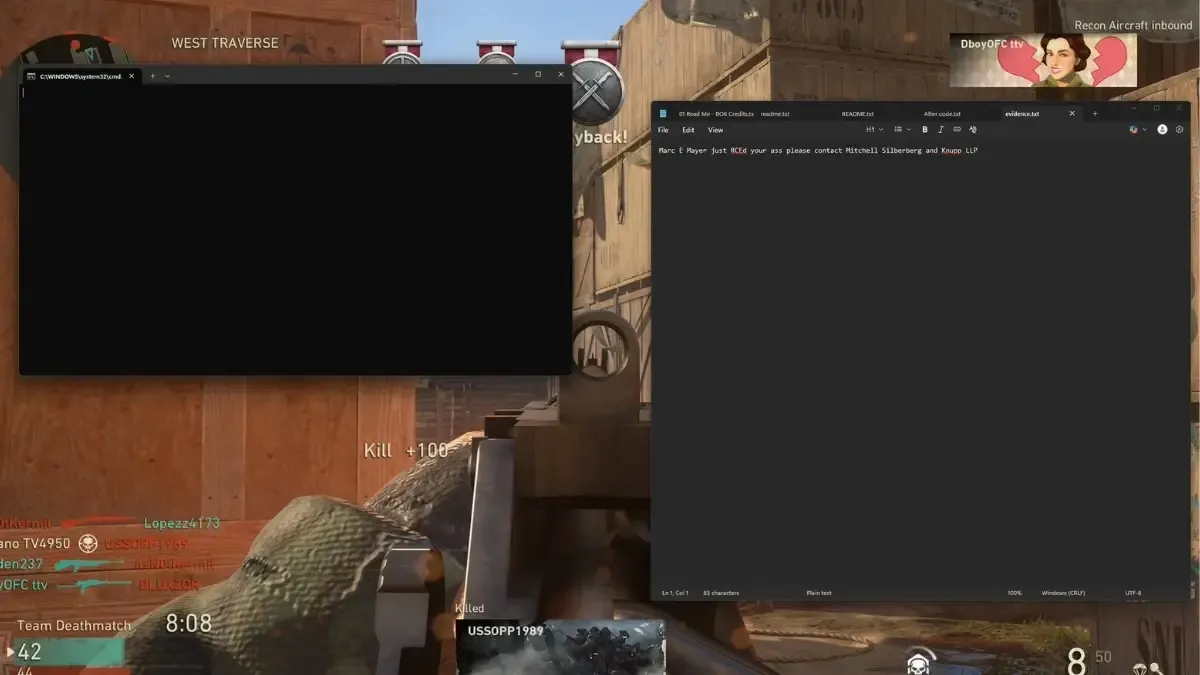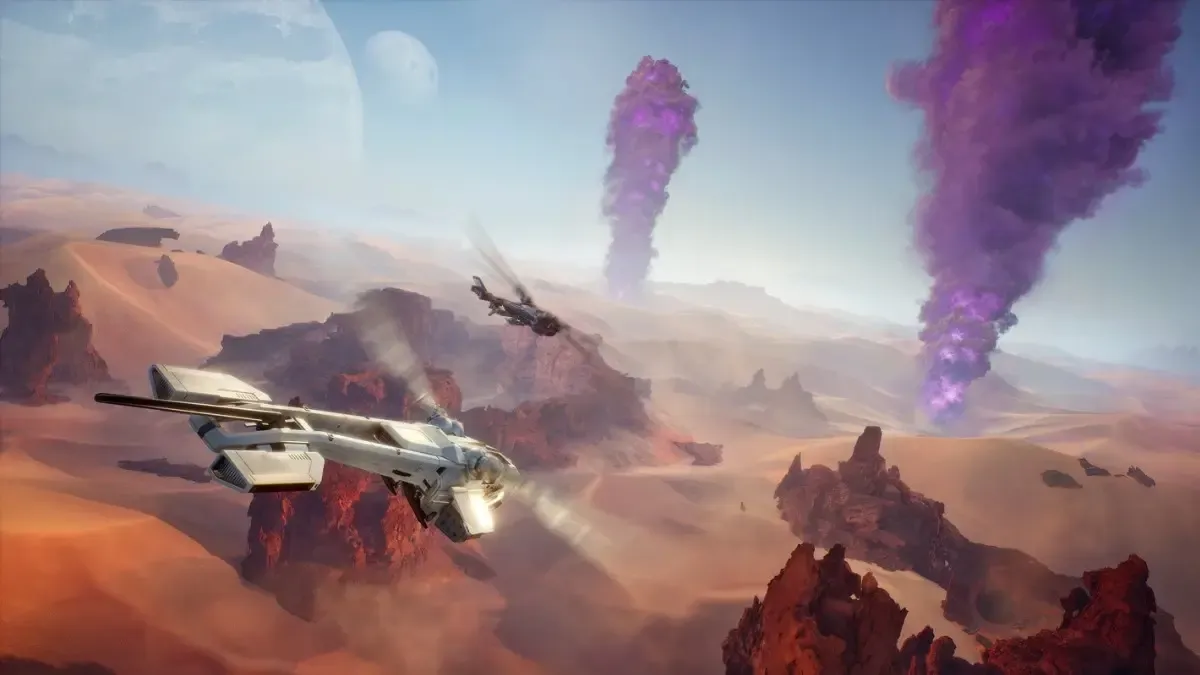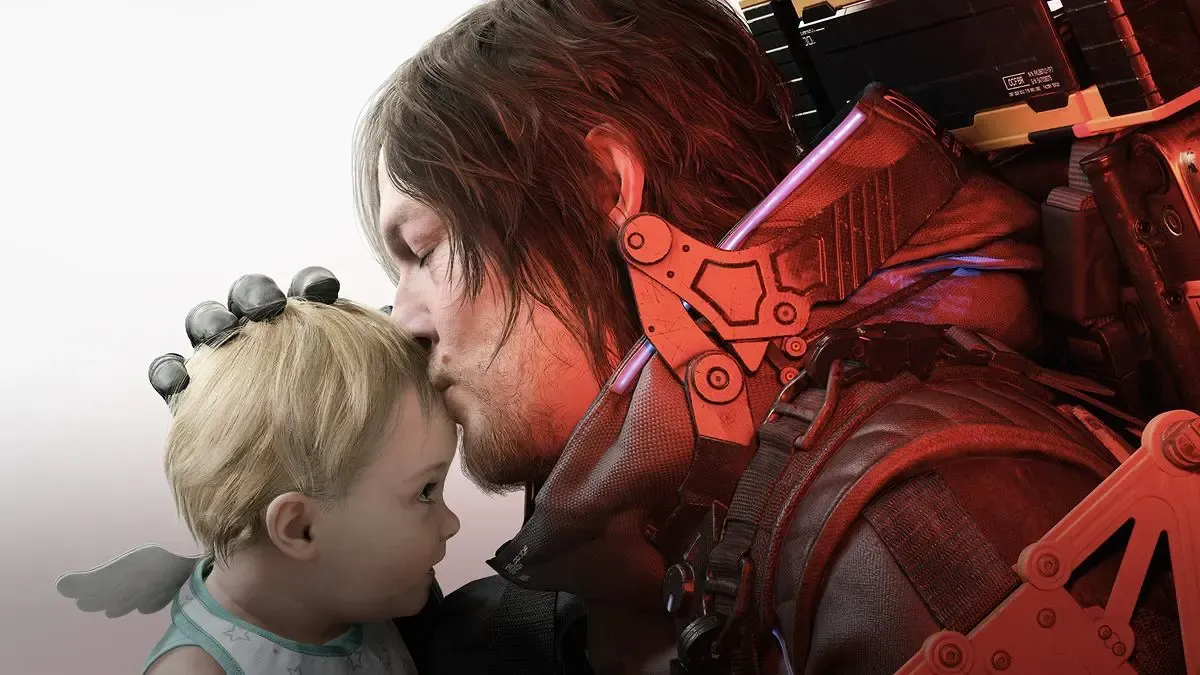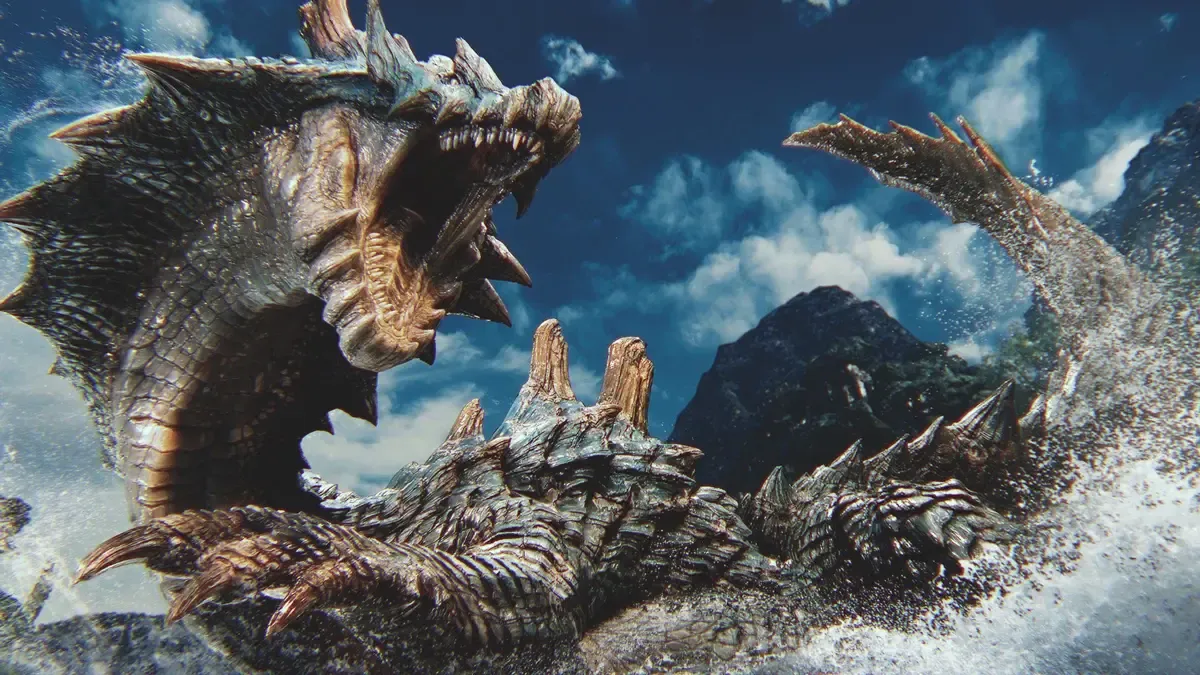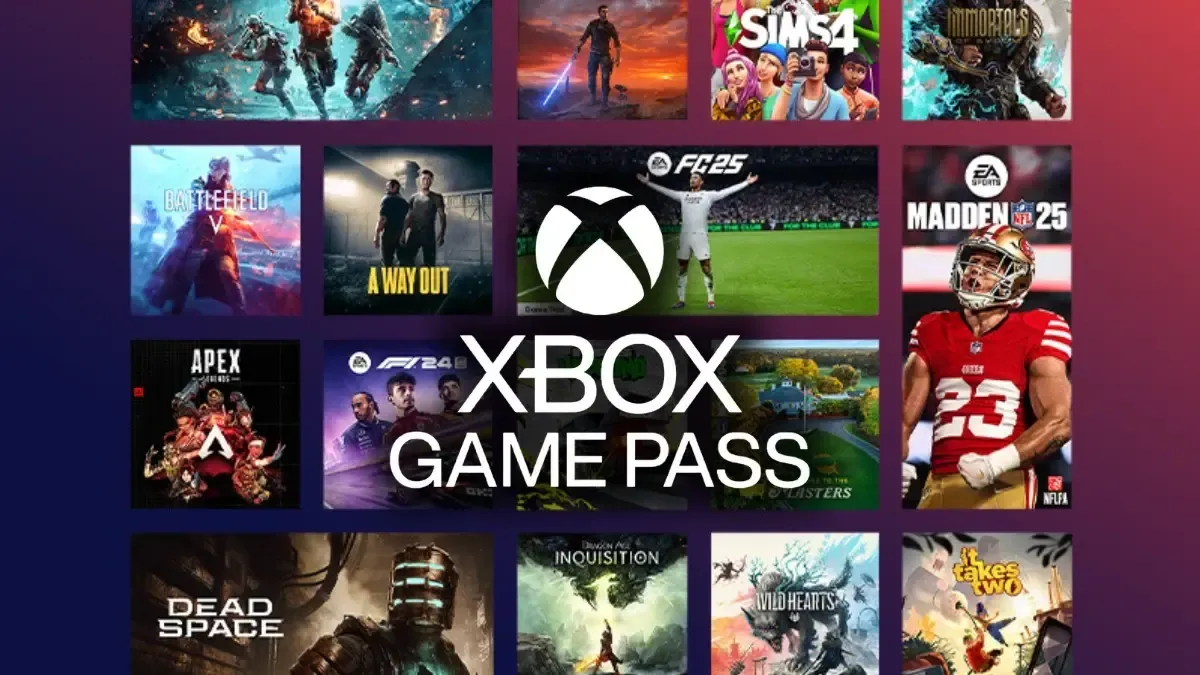Overwatch used to be one of Blizzard’s most valuable franchises, and now it’s not. What happened?
Overwatch’s success is a hard thing to replicate. When Blizzard Entertainment first unveiled its brand-new first-person shooter at BlizzCon 2014, it seemed truly one of a kind: a futuristic hero shooter starring a roster of diverse and colourful playable characters, each with their own unique abilities and playstyles. If this was a first-person shooter, where was the military perspective? If this was a PvP game, where was the emphasis on K/D ratios? If this was a multiplayer game, why were the objectives so simple and reliant on good ol' fashioned teamwork?
Each of these elements might have been found in other games of its time, of course - 2016 wasn’t that long ago. But Overwatch came out with all of it in one fell swoop, featuring eye-catching gameplay where cyborg ninjas with shurikens battled teleporting British speedsters, and somehow these eclectic design choices made it all the more attractive. It was colourful, it was fun, and with the right level of skill, it was intensely rewarding.
By the time Overwatch 2 was announced in 2019 however, public opinion on the game had soured so much that the reveal was met with a healthy dose of skepticism. Some didn’t want a sequel. Others had already moved on. In just three years, Overwatch went from being one of the most popular games around the world to one of the most unpopular. Its sequel is currently Steam’s second-worst game of all time according to user ratings.
How on Earth did we get here?
Remember the Titan
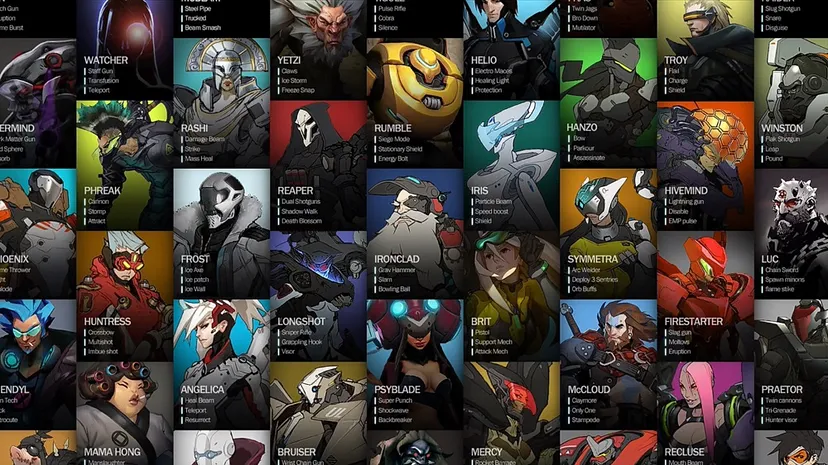
Overwatch was born out of the ashes of another Blizzard game called Titan, an ambitious MMORPG that the company had been developing since 2007. The game was developed as a class-based shooter with skill trees, but Blizzard was having trouble finding its fun factor. The levelling system was, “cluttered and confused,” according to Overwatch’s game director Jeff Kaplan, though elements of it were carried forward to the next project.
Upon Titan’s cancellation, its development team had a mere six weeks to pitch new game ideas to Blizzard. If nothing were greenlit, the team would be shuffled off to higher-priority projects like Diablo 3 and World of Warcraft. 40 out of 140 members of Titan’s development team stayed to pitch new games after its cancellation, and a lot of ideas ended up being chucked around. Eventually, the team settled on a first-person shooter that paid homage to the fast-paced movement of Team Fortress 2 and teamwork of the MOBA genre, which was really taking off at the time. Remember: DOTA 2 was only released in 2013, the same year in which Titan was axed.
Pieces of character concept art and leftover class ideas from Titan were merged into the beginnings of Overwatch, and a few of the game’s characters were carried over too. Titan featured classes like the Jumper (later known as Tracer), Reaper (Reaper), Architect (Symmetra, Torbjorn) and Ranger (Widowmaker, Soldier:76, Bastion), all of whom were retooled massively. Tracer is Overwatch’s mascot for a reason: she was the first hero Blizzard implemented in the game, and originally shot lasers from her eyes due to missing gun models and animations.
Now that the ball was rolling on Overwatch, the team focused on creating an, “awesome [first-person shooter] experience that's more accessible to a much wider audience while delivering the action and depth that shooter fans love," according to Blizzard co-founder Mike Morhaime. The team looked to recent action-shooters like Call of Duty: Black Ops 2 and The Last of Us, both of which had a rather grim vision of the future, and Warcraft’s recent expansion The Burning Crusade having the least-explored areas due to their oppressive atmosphere, and decided that light was right. A more Star Trek-like futuristic utopia was decided upon as the setting for this new game, and the pieces fell into place once an early prototype was approved at Blizzard.
Overwatch was and still is a big deal for Blizzard. This was only Blizzard’s second attempt at launching a new franchise since 1998’s StarCraft (Blizzard’s upcoming survival game will be the third), but it paid off. Fun fact before we move on: Blizzard’s Chris Metzen, who returned to the company just recently to helm the next three World of Warcraft expansions, not only came up with Soldier: 76 all by his lonesome, but published artwork for the character online before World of Warcraft even came out. He also voices Bastion in the game, which technically makes him part of Overwatch’s current voice cast.
And then Overwatch won 102 Game of the Year awards
BlizzCon formally announced Overwatch at BlizzCon 2014 with the above cinematic, and if there’s one thing Blizzard does well, it’s a good cinematic. The cheesy optimism, colourful character designs, and clean sci-fi visuals wowed viewers at the time, and I’ll admit - it wows me still. The stage was set for one of Blizzard’s biggest game launches ever, and the excitement carried Overwatch through its first closed beta in late 2015. Sure, some footage of the game’s BlizzCon demos had surfaced online, but that was nothing compared to the entire world finally getting hands-on with the game.
Overwatch was a phenomenon in the months leading up to and following its release. An open beta held in the weeks leading up to its May 24, 2016 launch scooped up a whopping 9.7 million players, causing Blizzard to extend the beta date by one more day. Blizzard placed gigantic statues of Overwatch heroes in Hollywood, Paris, and Busan (which, fun fact: all ended up being featured locations via in-game maps) where they took the form of action figures:
Blizzard’s marketing push, aided by the existing public interest in its newest launch, was so massive that the company reportedly held more than 50% of the American advertisement share in the games industry for almost a full month. If you were gaming at the time, you knew about Overwatch. Whether you’d seen chatter about it online or been pestered by social media ads, the game was inescapable. Why would you even try to escape it? 2016 was a fantastic year for shooters (Titanfall 2! Doom! Battlefield 1!), but Overwatch was playing in a league of its own. Even if you didn't like shooters, its appeal was undeniable.
The game went on to win a whopping 102 Game of the Year awards across various publications, awards shows and polls, including Geoff Keighley’s The Game Awards. That’s no mean feat for a multiplayer game.
Big successes and small controversies
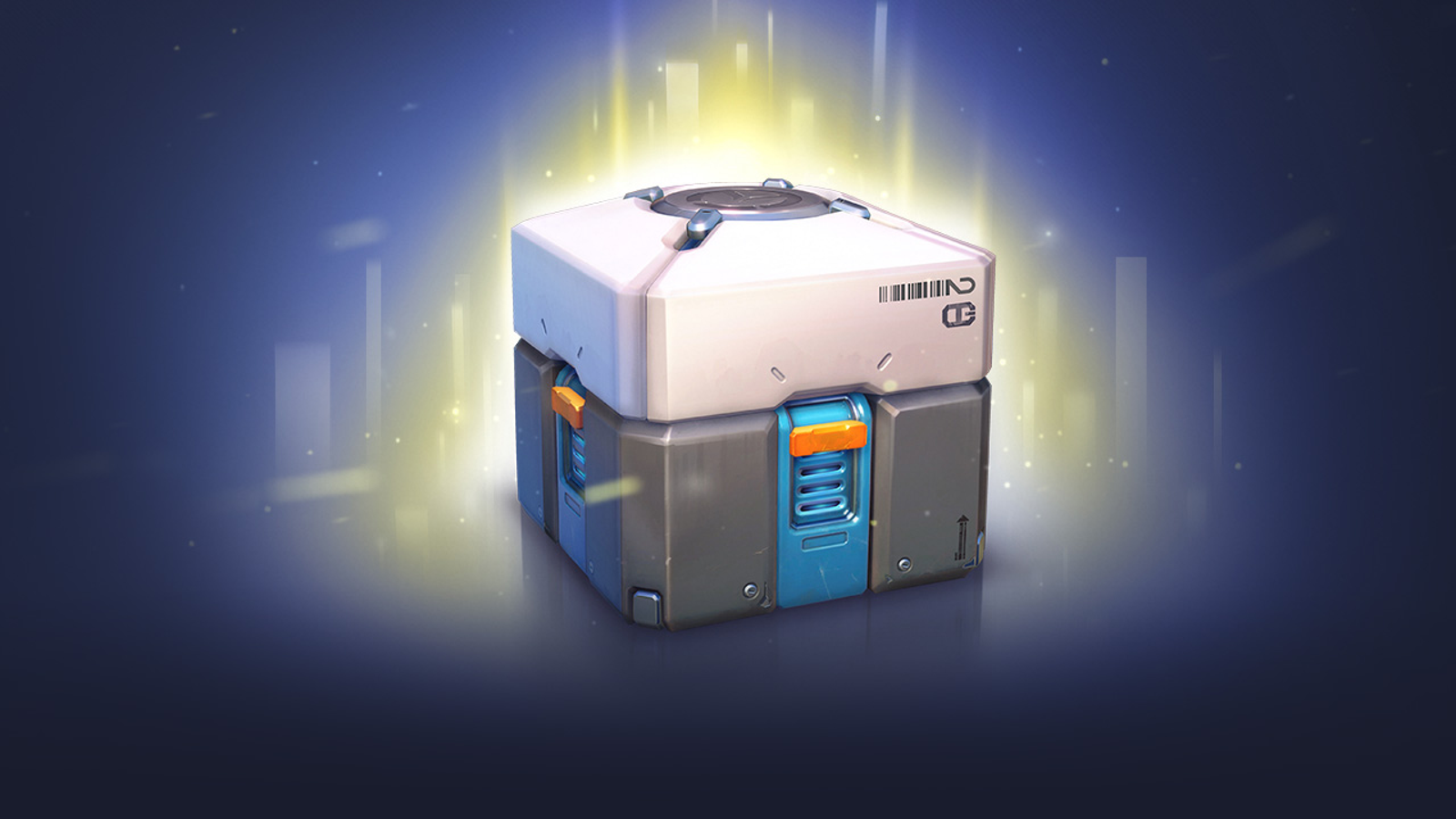
Was Overwatch a success for Blizzard? Yes. Yes, it was: the company reported more than seven million players with a total playtime of 119 million hours just a week after its launch, growing to more than 10 million players the following month. The game became Activision Blizzard’s eight property to exceed $1 billion in revenue in 2017. A lot of people were playing Overwatch, and a lot of people were spending money doing it. The topic of Overwatch’s randomized lootboxes became the subject of years’ worth of debates to come over in-game monetisation practices, with Overwatch somehow becoming the more generous comparison to draw in the end. Games like Star Wars Battlefront 2 would lock character progression behind its lootboxes for example, whereas Overwatch used sprays and skins to entice players to spend instead. The Belgian Gaming Commission would eventually look into both games to see if lootboxes qualify as a form of gambling.
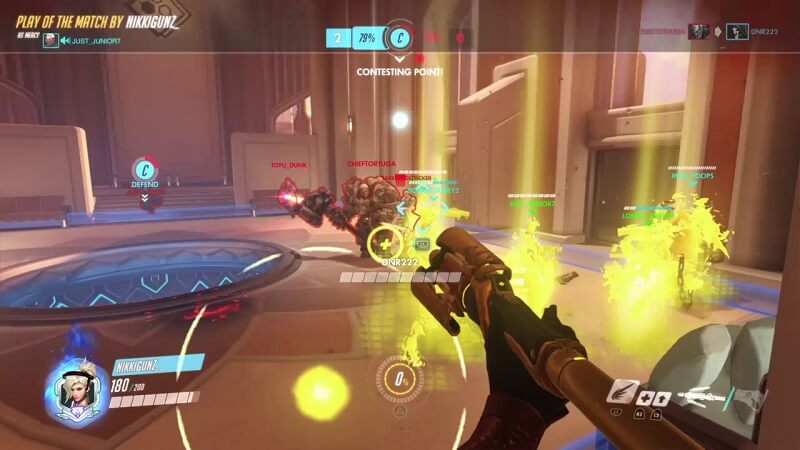
Months after the game was released, Blizzard added a ranked Competitive Mode that allowed players to rise through skill tiers with Golden Guns, sprays and icons as rewards. Shifting focus into actual competitive gameplay had a massive impact on the game, starting with the fact that players could no longer stack a team with the same heroes in Competitive Mode (this was later extended to Quick Play too). Hero balance changes suddenly needed to be taken more seriously, as broken heroes weren’t ‘fun’ anymore, but rather frustrating to play against. Mercy once had the infamous ability to resurrect her entire team from death, but this was removed in 2017.
There arguably hasn’t been a single moment in Overwatch’s history that the game could be considered truly balanced. With so many heroes in its roster and multiple game modes to fit them into, a few are always pushed to the front of the meta while others languish in the back. Everyone has their preferred main, and Blizzard has to keep them all in mind while trying to craft a sustainable meta that doesn’t feel hostile to casual players. That was doable in competitive play, but a shift towards esports made things more complicated.
The Overwatch League is born
Blizzard announced the Overwatch League in 2016, following a peculiar esports format unseen in the popular tournaments of its time, such as Worlds and The International. Each of its original 12 teams were based on American cities to rally local support similar to American sports franchises like the NBA, with the first season kicking off in 2018. A few things got in the way of its success immediately. Firstly, very few of these teams actually had players from the cities they were named after. Players from Europe and Asia filled out teams named after American cities, creating a strange disconnect between the local viewers and their mostly international teams.
Secondly, this would have been a pretty ambitious route for an esports franchise to take even if it featured a popular competitive title. Overwatch wasn’t even that; it was an untested game in esports with a development team doing their best to keep the game not only balanced, but enjoyable to spectate. Activision Blizzard was trying to brute force Overwatch’s way into a successful esports run by shovelling money into the League, but the fact is that its appeal as an esports title hadn’t been proven yet.
The game’s slow-to-change meta caused repetitive team compositions to be played week after week, and its flashy abilities and rapid combat were often indecipherable to watch live. Worst of all, the game’s balance changes began to stir controversy as players began to believe that Blizzard was balancing the game around the Overwatch League, rather than its own players. To this day, the Overwatch League’s success and eventual failure can be tracked in parallel with the base game’s peaks and valleys of popularity. The Overwatch League was enough of a success in 2018 to bring eight more teams in for 2019’s season, but the 2020 pandemic brought things to a screeching halt.
Viewership declined and excitement around the 2020 season dwindled without in-person events to support it. In 2021, a lawsuit filed against Activision Blizzard caused almost all of the League’s sponsors to pull out of the franchise, and the League grew smaller year after year. This year, it was announced that Activision Blizzard was ending the Overwatch League for good, transitioning the game to other esports formats starting next year.
Personally, I hold DJ Khaled responsible.
Overwatch as it is (Two)day
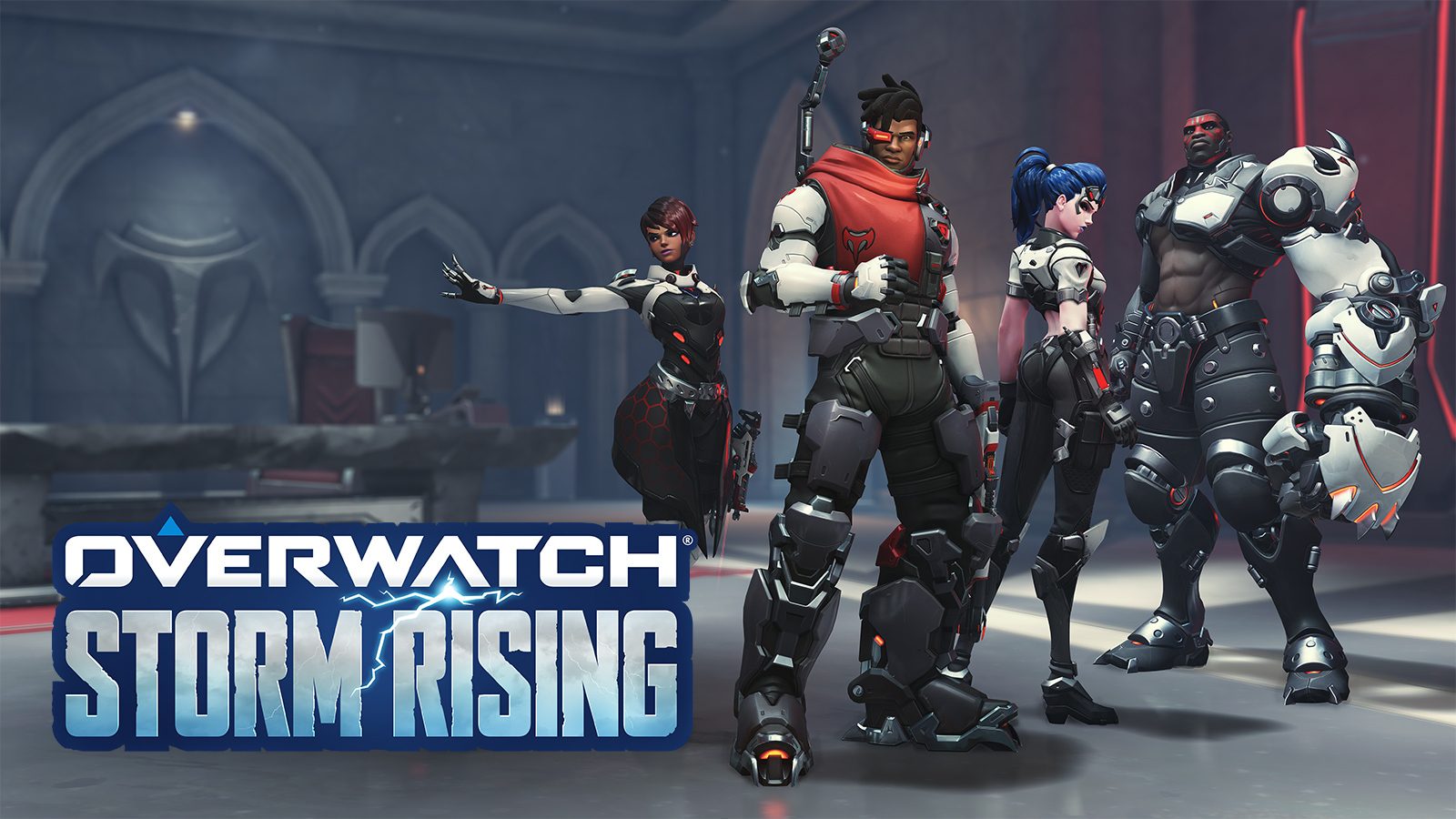
While the Overwatch League churned in the background, Overwatch began to see a decline in new content updates leading up to the reveal of its impending sequel, Overwatch 2. Players used to get big story-heavy PvE events fleshing out the game’s lore and characters every year, but Storm Rising was the last of these to drop in 2019. For the next three years, the game largely subsisted on returning events and modes to keep the playerbase alive and kicking, with new skins being added on a far more regular basis than new heroes. Baptiste and Sigma were both released in 2019 for example, and Echo was the last new addition to the game’s roster in 2020.
In 2018, Overwatch got six whole new maps. In 2019 and 2021 it only received two per year, but in 2020 it got nothing new at all. Overwatch 2 was introduced in late 2019, so it was clear to players that this slow drip feed of content was due to the team moving on from the base game, but the long three years leading up to its release hurt. Overwatch cycled through repetitive annual events and the game lost its mainstream luster quickly. Blizzard stopped pushing out cinematics to market the game and its heroes, and new events were a thing of the past. All that was left for players to look forward to were new skins to pull out of lootboxes.
Now, Overwatch wasn’t a dead game by any means - but by 2020, games like VALORANT and other hero shooters had cropped up to dominate the multiplayer scene. In 2016, Overwatch took the world by storm. In 2020, we were wondering how it won a Game of the Year award at all - that’s how much public opinion on the game had soured. A mixture of content fatigue, divisive balance changes, and new competition in the genre caused players to move on.
Overwatch 2 was meant to be the game’s big comeback, but it could never replicate what the original game had going for it. Overwatch was a moment in gaming history where players were offered something wholly unique and flocked to it in masses. Overwatch 2 made sizeable tweaks to PvP gameplay (new heroes, 5v5 teams!), but that wasn’t enough to make it feel as innovative as the original. The game’s big hook - its PvE story missions - didn’t even drop until August 2023. When it did, it arrived in three bite-sized pieces that could only satisfy longtime fans of the slow-as-molasses ongoing plot.
Conclusion
Blizzard pulled a phoenix out of the ashes with Overwatch. A sci-fi MMORPG called Titan languished in development hell as developers struggled to make it fun, before the whole thing was scrapped and turned into a first-person shooter of all things. That could have very well spelled disaster for the company, but Overwatch instead became its most successful game launch in a very long time. When the development team shifted resources to its sequel, the original game sank out of popularity with a declining playerbase relegated to playing repetitive cycles of old content.
Overwatch 2 was Blizzard’s attempt to revive an important franchise in its portfolio. The outcome was less successful than the company might have liked, but that’s only because Overwatch will never be as special as it was in 2016 again.


